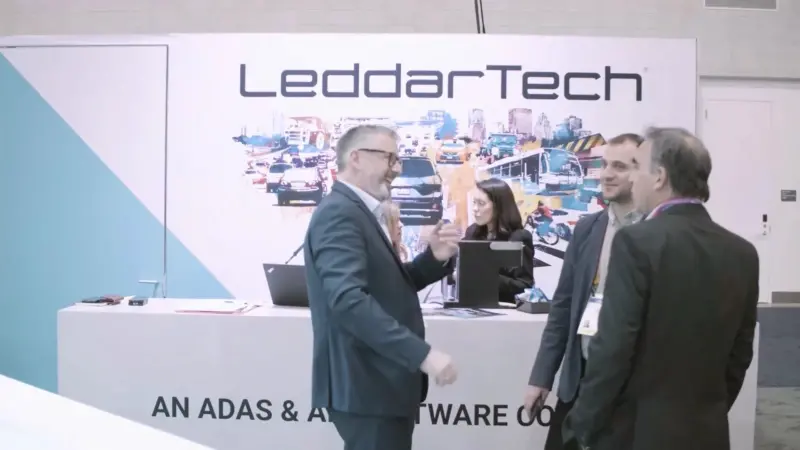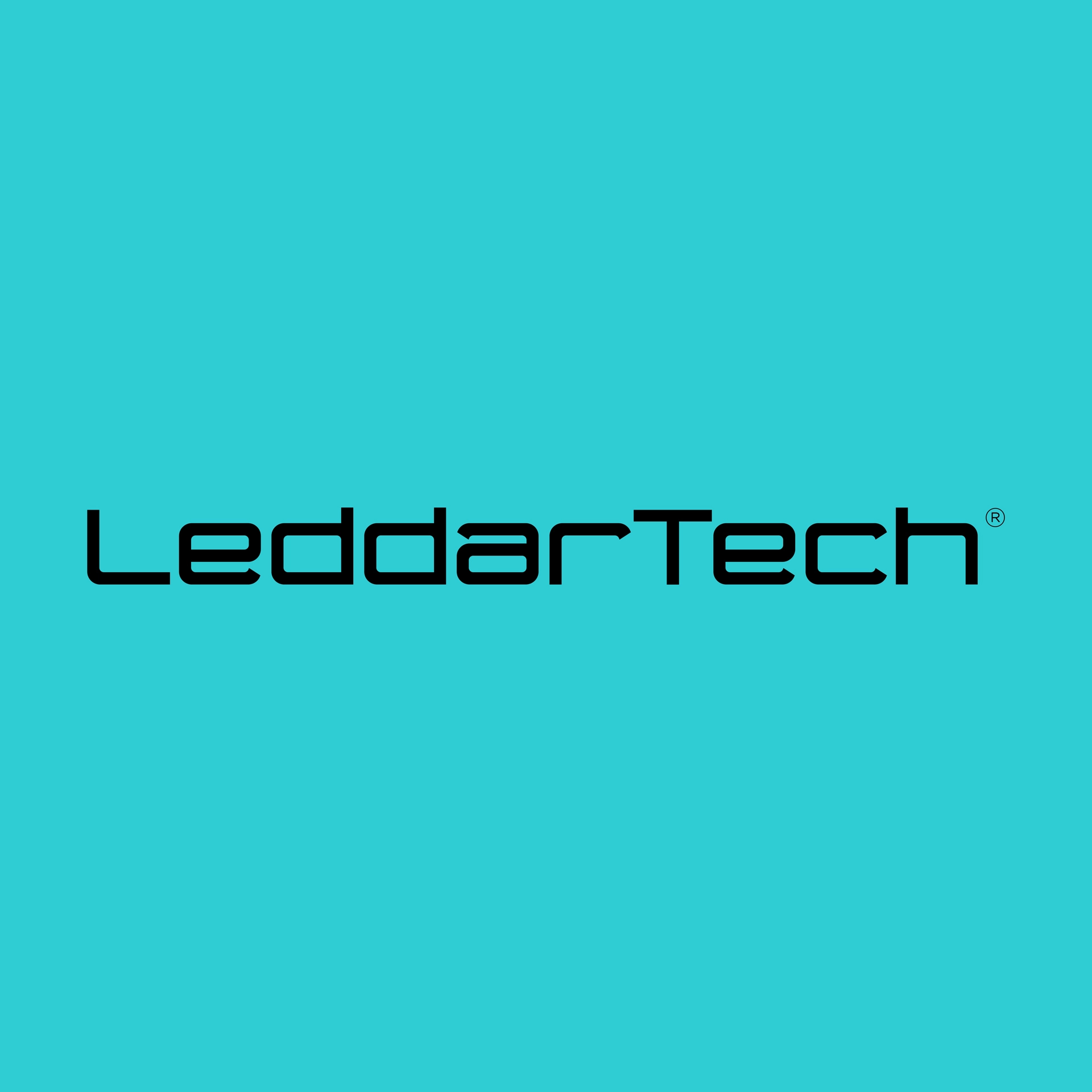leddartv-Sensor Fusion
LeddarTech, headquartered in Quebec City, has significantly advanced the autonomous driving industry over the past year, achieving a milestone in automotive innovation. The company’s success is deeply rooted in its expertise in sensor fusion and perception technology. At this year’s CES in Las Vegas, LeddarTech demonstrated its global impact and introduced cutting-edge innovations such as…
Latest
LeddarTech
3D RGBD environmental modeling with LeddarVision
Leveraging artificial intelligence and computer vision algorithms to perform raw data sensor fusion, LeddarVision provides superior lane detection, free space detection, 3D bounding boxes and object detection and classification performance to achieve a comprehensive 3D RGBD environmental model and perception performance.
LeddarTech
LeddarTech: LeddarVision
Raw data, fused to perception. This state-of-the-art solution enables the detection of the various objects in the scene, including vehicles, pedestrians, bicycles, drivable road, obstacles, signs, lanes, lane lines and more. LeddarVision also detects very small obstacles on the road with better detection rates and less false alarms than legacy “object fusion” solutions. Unclassified obstacles…
LeddarTech
LeddarVision: Highly accurate AI-based 3D environmental models
LeddarVision software platform combines AI and computer vision technologies as well as deep neural networks with computational efficiency to scale up the performance of ADAS/AD sensors and hardware that are essential for planning the driving path.
LeddarTech
LeddarVision: Raw data, fused to perception
This state-of-the-art solution enables the detection of the various objects in the scene, including vehicles, pedestrians, bicycles, drivable road, obstacles, signs, lanes, lane lines and more. LeddarVision also detects very small obstacles on the road with better detection rates and fewer false alarms than legacy “object fusion” solutions. Unclassified obstacles are also detected, providing an…






